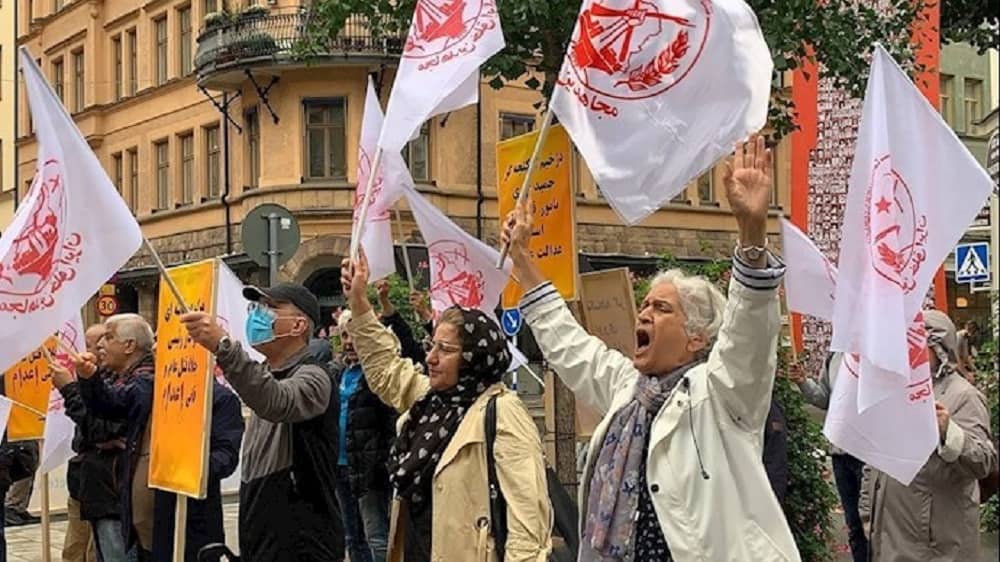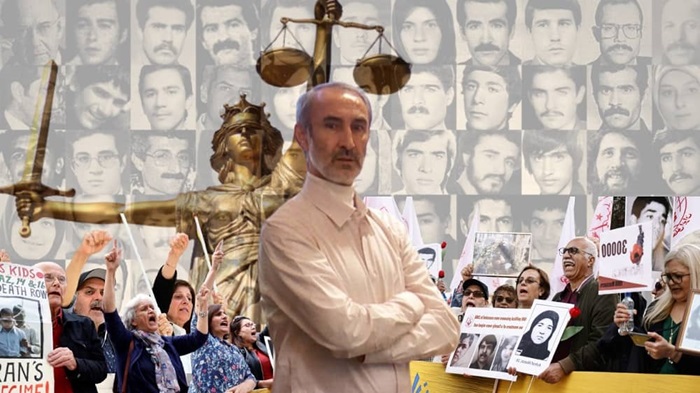

The case, initially perceived as manageable by Tehran, has taken an unexpected turn due to the active participation of the People’s Mojahedin of Iran (PMOI/MEK), shifting its trajectory and inciting the regime’s ire. A report from a Revolutionary Guards–affiliated news agency openly suggests Tehran’s readiness for terrorist operations on European soil.
Fars News Agency, linked to the regime, issued threats and accused Sweden of backing terrorism, highlighting the solitary confinement of Nouri, the trial’s shift from its initial plaintiff, Iraj Mesdaghi, to the MEK’s control. Tehran’s usage of the term “hypocrites” to label the MEK aims to undermine the group within Iran. Mesdaghi, posing as a regime critic, primarily attacks the MEK, gaining attention in Western media and think tanks.

Fars News Agency admits the MEK’s unforeseen influential role in altering the trial’s direction. The report concludes with a veiled threat linked to an alleged assassination plot in Spain against Prof. Alejo Vidal Quadras, cautioning against collaborating with the MEK.
Contrasting with Tehran’s expectations, Sweden’s judicial system has impartially prosecuted Nouri, a justice denied to the 30,000 political prisoners massacred in 1988. The trial acknowledges the massacre’s main victims, including the MEK’s role.
The regime’s attempt to use Mesdaghi to disrupt the trial and diminish the international justice campaign for the 1988 victims was revealed in a report by the National Council of Resistance of Iran. However, this strategy failed against the evidence and testimonies presented by former prisoners and the MEK.

The regime’s response includes intelligence operations, political tactics, and hostage-taking of foreign nationals. This situation raises a crucial question for European countries like Sweden and Spain: Will they uphold their citizens’ security and rights, or succumb to threats from a state known for sponsoring terrorism?

MEK Iran (follow us on Twitter and Facebook), Maryam Rajavi’s on her site, Twitter & Facebook, NCRI (Twitter & Facebook), and People’s Mojahedin Organization of Iran – MEK IRAN – YouTu







